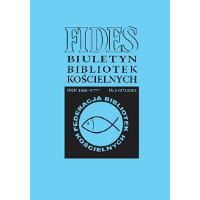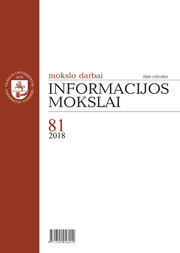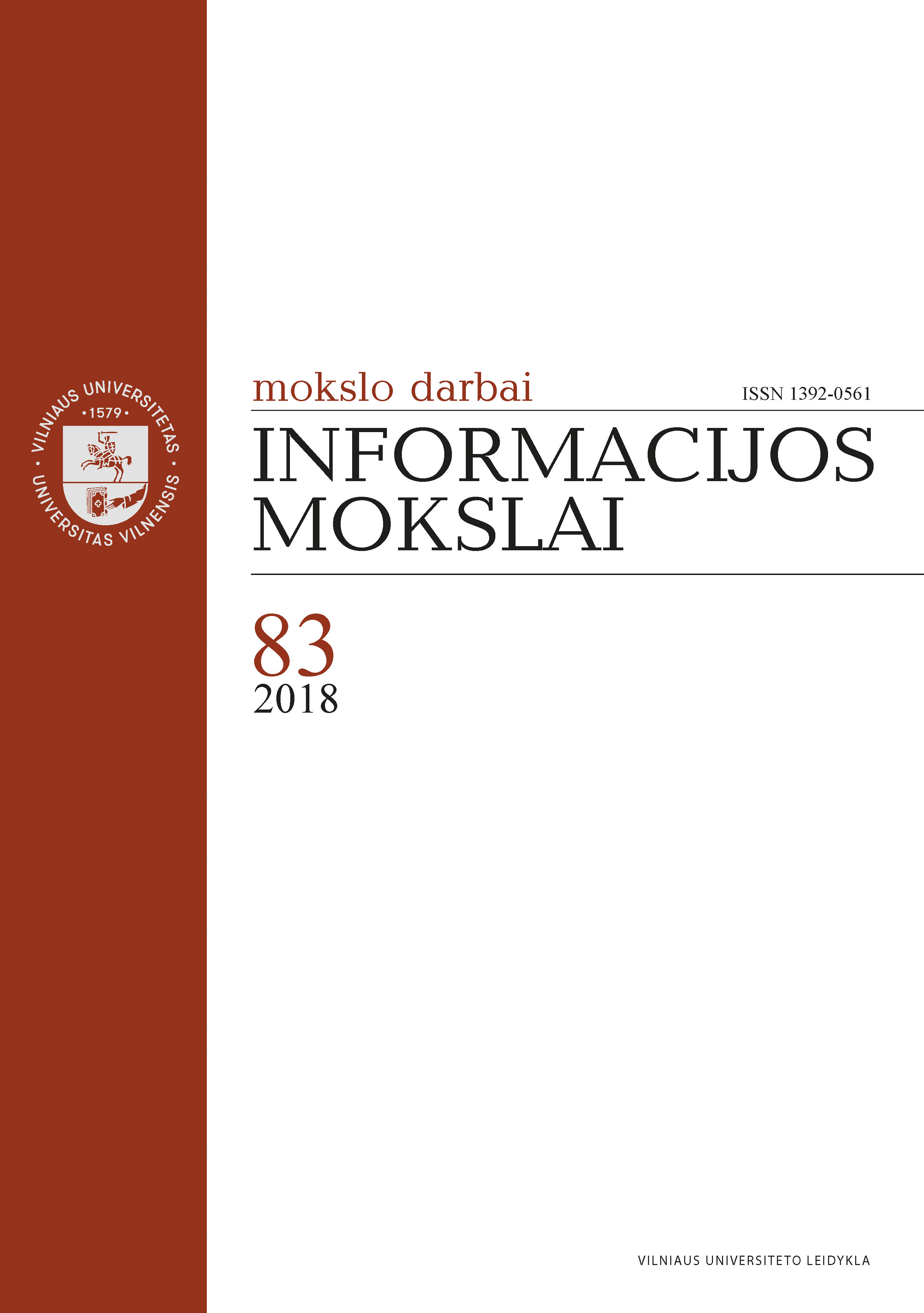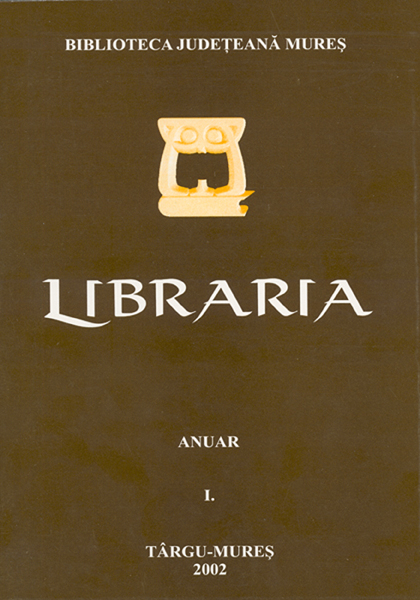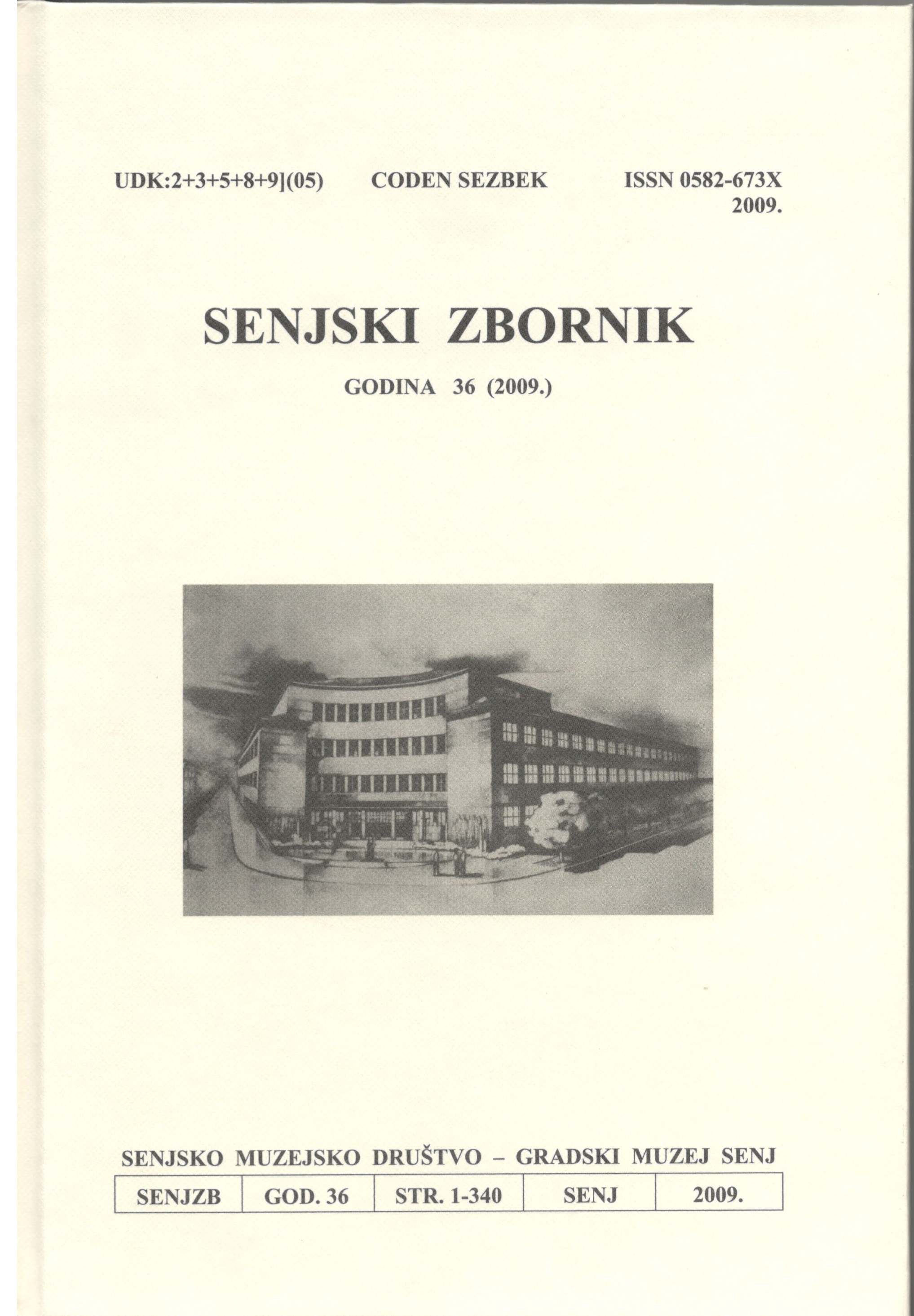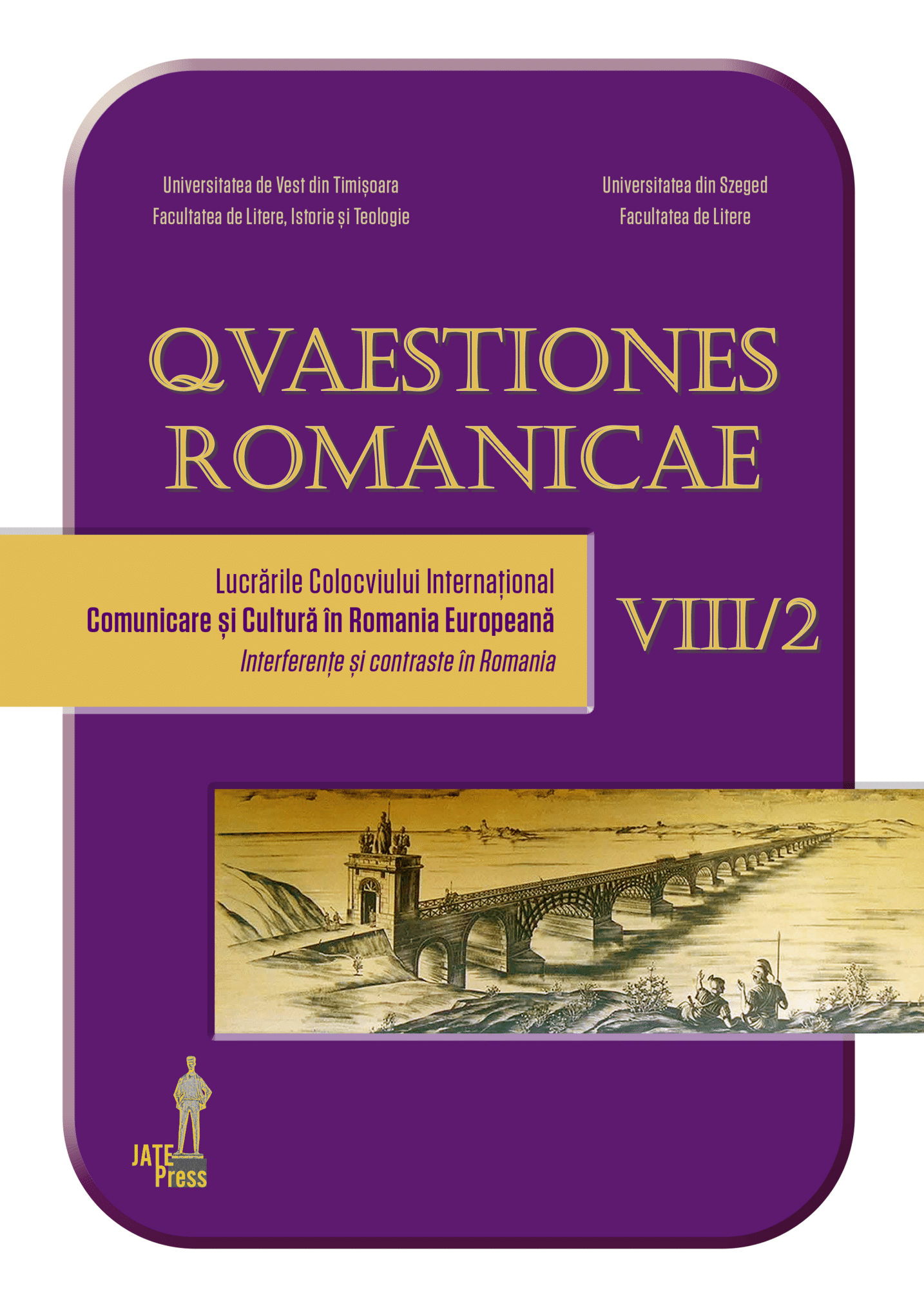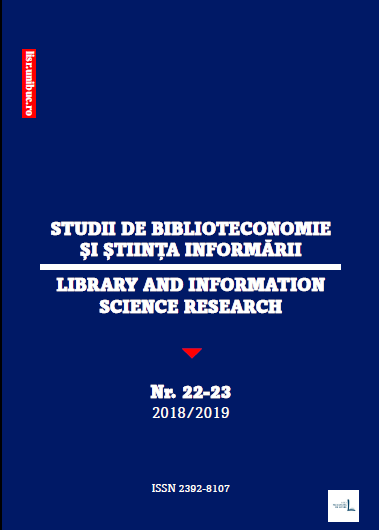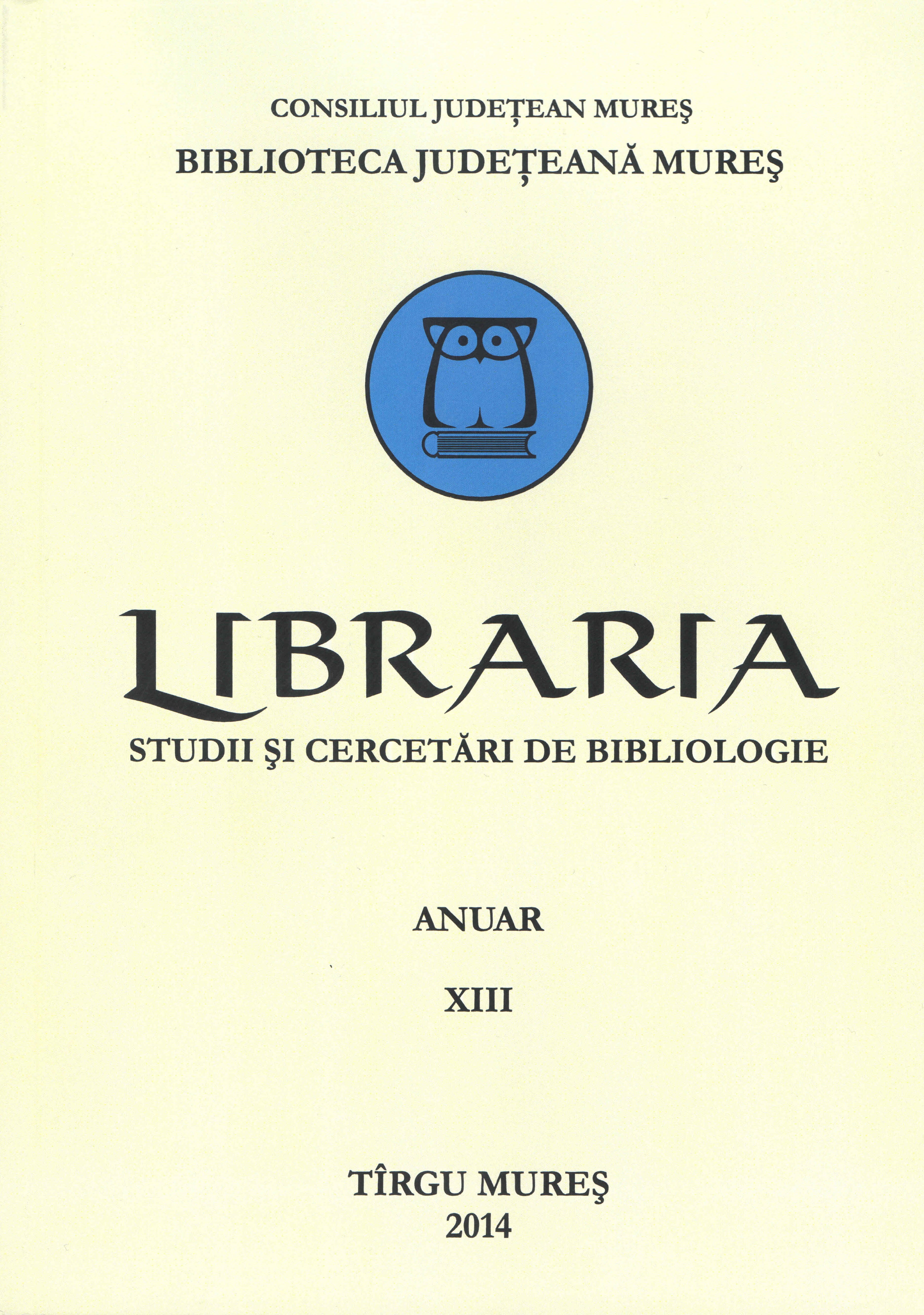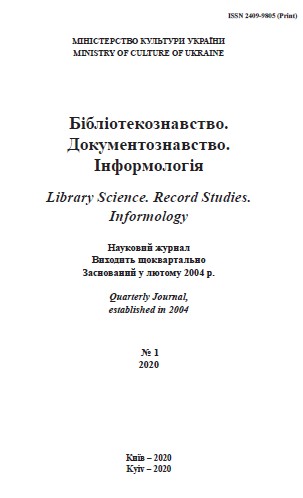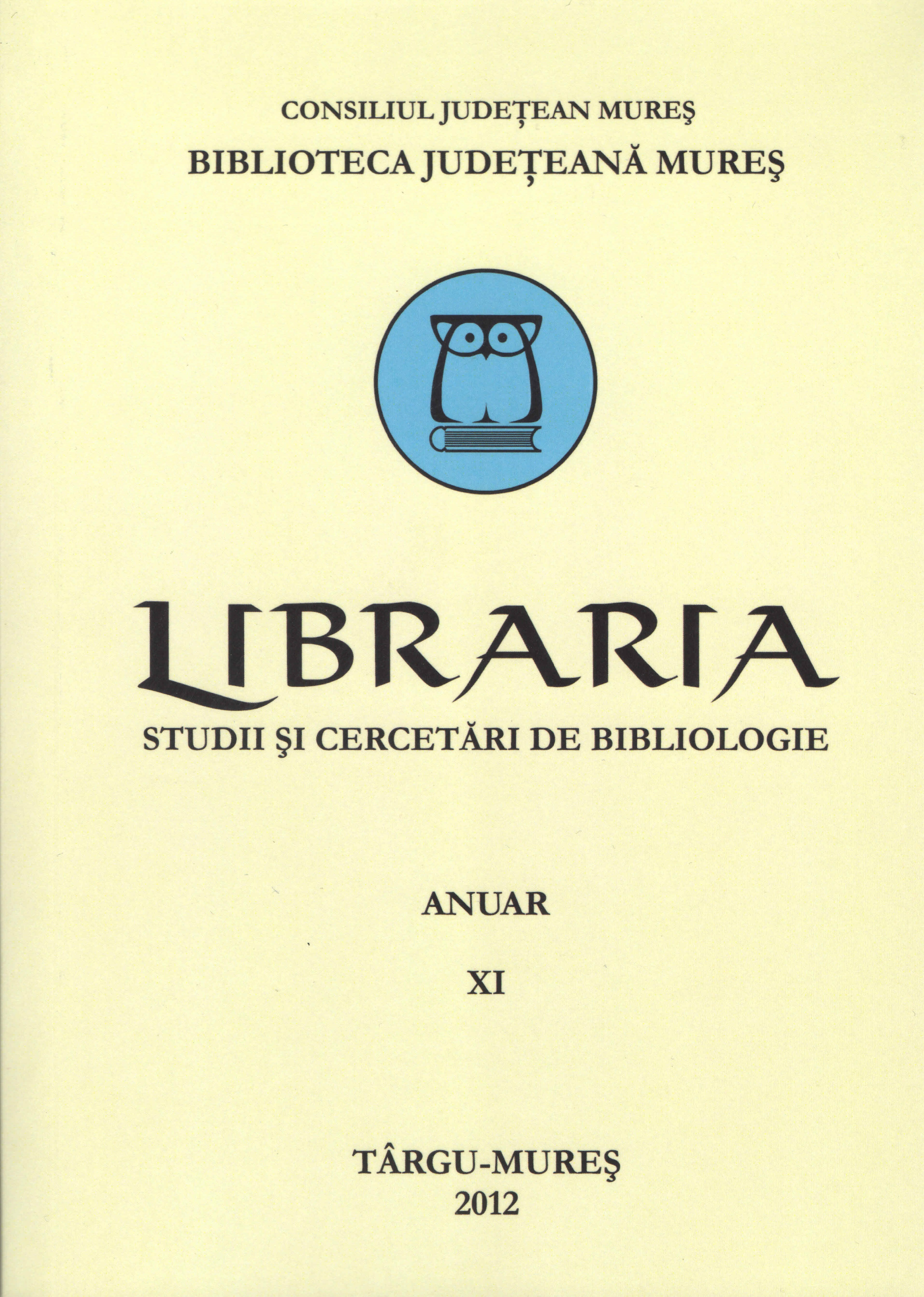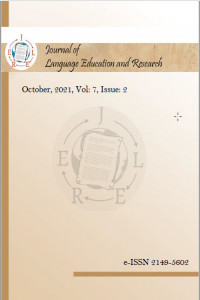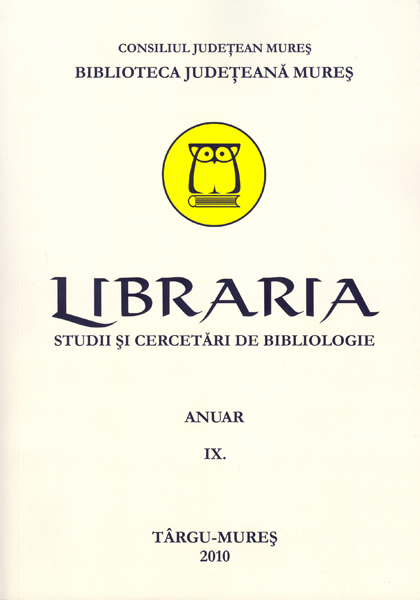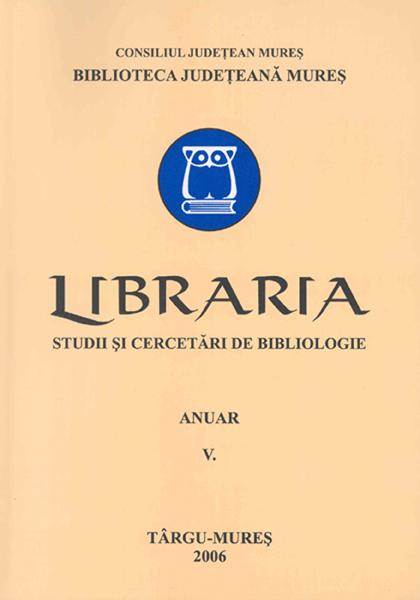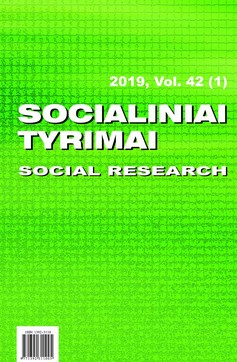Author(s): Liliana Moldovan / Language(s): Romanian
Issue: 5/2006
The term of culture may be used in the management domain because this word refers to all prejudices, values, conduct standard and facts involved in an organization. The organizational culture contributes to getting acknowledged with the ideology and philosophy of the organization, it helps us to understand the way it can be structured, administrated and managed. The organizational culture is an inheritance, it must be learned and it may change. It reveals the way the organization senses itself and compares to the other organizations. It obviously shows the employees’ conception about the manager’s authority. The organizational culture proves to be a dynamic component of social and professional life under a certain circumstance. Its rules have to be obeyed by all the members of the group. They interfere the way the members make and change their own opinion and attitudes. Shortly, the organizational culture is about a specific social behaviour. Keeping the same group conduct makes a balanced mental attitude to act towards the other members of the group. „The longer we live in a certain culture, the older is the culture, the more it influences perceptions, thoughts and feelings of the members of the organization.” The organizational culture focuses on the human side of management and treats the organization as a complex system of structures, subsystems and human relationships. In the professional literature (books) there are many types of cultures described: legal, imperative, axiological, democratic. A democratic culture requires participation. In the sciences of managing and organizing, the term of culture is used for those organizational structures based on a getting involved principle for the members of the organization in making decisions process. The participating culture demands dynamism and means getting involved in making decisions process. The democratic organizational culture rules are based on autonomous types of management. Analysing power from the management theory point of view allows, us to define an organization as a special structure by which the power acts. An analysis of power from the management theory point of view, allows us to define organization as a main structure by which power shows. By understanding the mechanism how the organizational culture works, we can make a study of the organizational culture management from different points of view: as group relationships developed inside the organization, as making decisions system, as method to aim the purposes and duties, as supervising and results evaluation system. The organizational culture is about that part of management which embodies the skills of management with psychology. Psychology defines an organization as a micro-society working under special professional and social rules. According to the ideological systems, created values or inherited by a mentioned collectivity, each organization develops a unique organizational culture. As institutions, the top performant organizations create, generally speaking, their own adjustable culture, a culture shared by all its members, opened to provide high quality services. Theoretically, many generalizations have been made about the manager’s manners in ruling. The management manners alternate under a circumstance or another, from an organization to another. In totally other domains, as the public one or the private one, the management method is based on different principles. Many theories on the new art of managing and organizing have showed up: the theory of behaviour, the theory of contingence, the theory of mutual influence, the Path-Goal theory, the Vroom-Jetton theory. The organizational systems in public institutions, as well as in private firms and companies, develop specific cultures. In the last years the number of differences between these two types of culture has decreased. It is essential in this case that the tendency of public organizations put performance first. When performance matters, it is important to make a well-built work team towards accomplishing the group purposes of the organization. As a great variety of forms and dimensions, organizations are certainties of contemporary social life. Each organization develops its own organizational culture. In order to understand what really takes place in an institution, one has just to find out the type of an organizational culture that backgrounds its development. The myths, symbols, rites of the organizational culture, indicate the unity of the organization. Managers in the Romanian institutions try to direct their decisional acts in accordance with the relevant organizational climate of the work environment. Obeying rules and accepting conventions are two important features for the organizational cultures in the Romanian institutions. The members of the organizations in our country prefer obeying rules and accepting traditional systems, because these can provide stable jobs consisting in accomplishing precise assignments and where they have the opportunity to launch an ascending career trajectory for themselves. Getting acknowledged with the ways the organizational culture works is crucial to understanding an organization as a complex unit of components in which the human plays the main character. We witness a new definition in management, which turns into an art, the art of embodying and activating the human resources towards aiming the group ideals of the organization. The culture of an organization has an historical role: it makes connections between events or hazards from the past with the present development strategies, guaranties success and reveals the philosophy on perspective deeds of the organization.
More...
